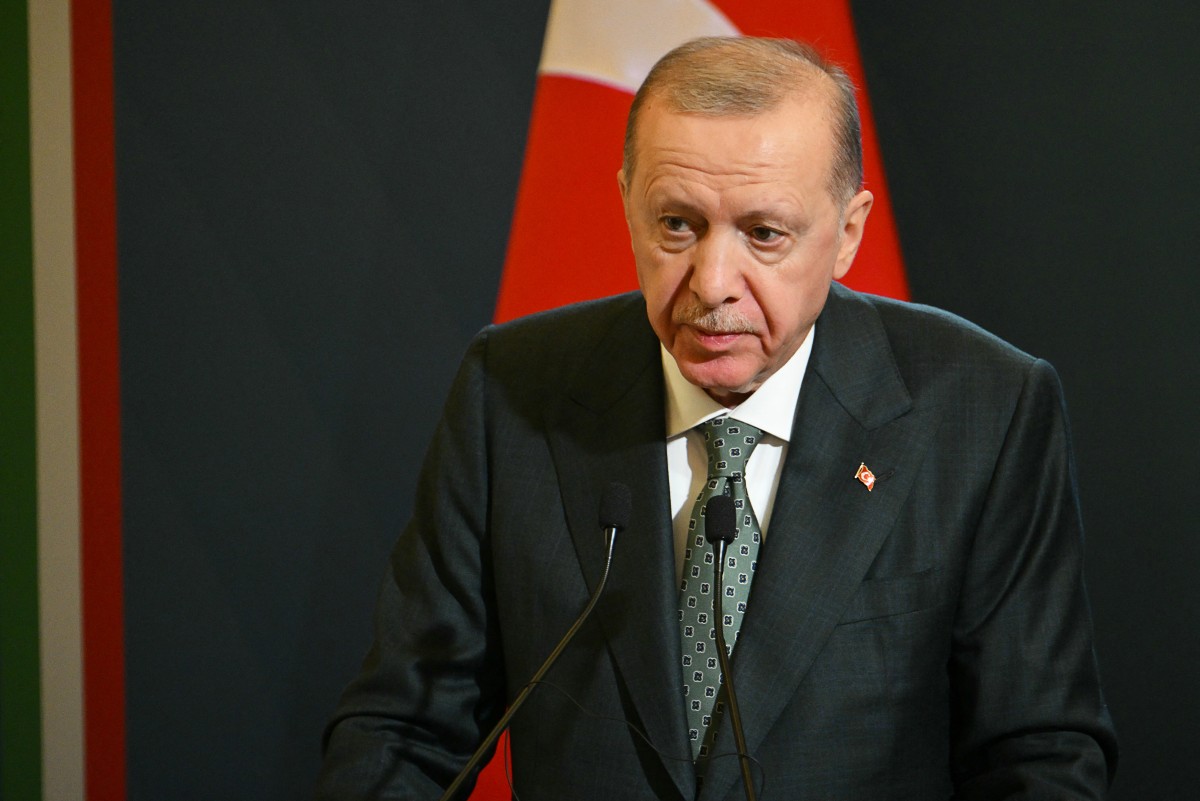Tensions across the Middle East escalated over the weekend, with mounting concern over a full-blown regional war involving Israel and Iran. Diplomatic activity surged across several capitals as leaders sought to de-escalate a conflict that now risks wider instability, migration crises, and disruption to global interests. Here is a recap of some the important developments in the region:
Iran Limits Cooperation with IAEA Amid Frustration Over Israeli Strikes
Iran announced it will scale back cooperation with the International Atomic Energy Agency (IAEA), expressing deep dissatisfaction over what it views as the agency’s failure to condemn Israeli attacks on its nuclear facilities. Deputy Foreign Minister Kazem Gharibabadi said the silence of the IAEA over these incidents “makes no sense,” adding that Iran “will no longer cooperate with the agency… as it once did.” This marks a significant shift in Tehran’s nuclear diplomacy and could further heighten concerns over regional security and nuclear transparency.
Erdogan Warns of ‘Devastating War’ and Migration Crisis
In a flurry of high-level diplomatic calls, Turkish President Recep Tayyip Erdogan warned that the escalating hostilities between Israel and Iran could spiral into a “devastating war” with severe humanitarian consequences. Speaking to Iran’s newly elected President Masoud Pezeshkian and Saudi Arabia’s Crown Prince Mohammed bin Salman, Erdogan cautioned that the region “cannot tolerate another crisis,” emphasizing that further escalation could trigger large-scale irregular migration across the Middle East. His remarks come amid a rapid intensification of drone and missile attacks between the two arch-rivals.
Internet Restored in Gaza Following Blackout
Amid the ongoing conflict, the besieged Gaza Strip saw a brief moment of relief as internet services were restored after a three-day communications blackout. The Palestinian Telecommunications Regulatory Authority confirmed that network connectivity had returned across the enclave, though no long-term guarantees were provided given the volatility of the situation.
Iraq Seeks to Avoid Entanglement
Iraq has launched quiet diplomacy to prevent being drawn into the conflict. With strategic ties to both Iran and the United States, Baghdad is engaging both capitals in a bid to maintain its neutral stance. Iraq hosts around 2,500 US troops as part of anti-terror operations while maintaining strong relations with Tehran, highlighting the delicate balancing act Iraqi leaders face.
UAE Steps Up Diplomatic Engagement
The UAE’s Foreign Minister Sheikh Abdullah bin Zayed Al Nahyan has engaged in telephone diplomacy with several counterparts, focusing on regional de-escalation following Israel’s recent military strikes on Iran. These talks underscore Abu Dhabi’s growing role as a diplomatic bridge in the region, balancing its strategic interests while pushing for stability.
As regional powers scramble to contain the crisis, the international community remains watchful. With diplomatic, military, and humanitarian stakes rising, today’s developments underscore the urgency for broader coordination to avert further conflict.








